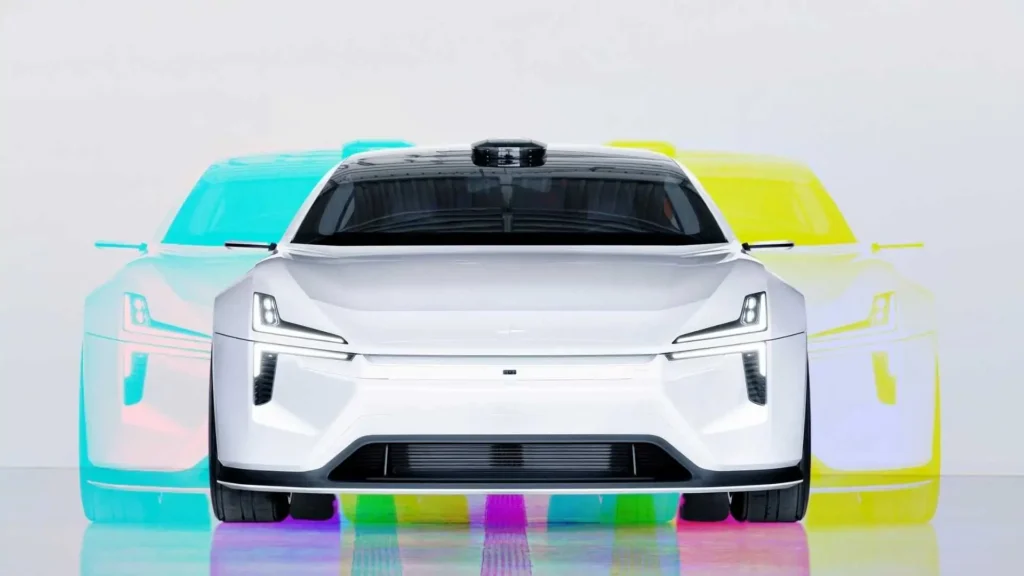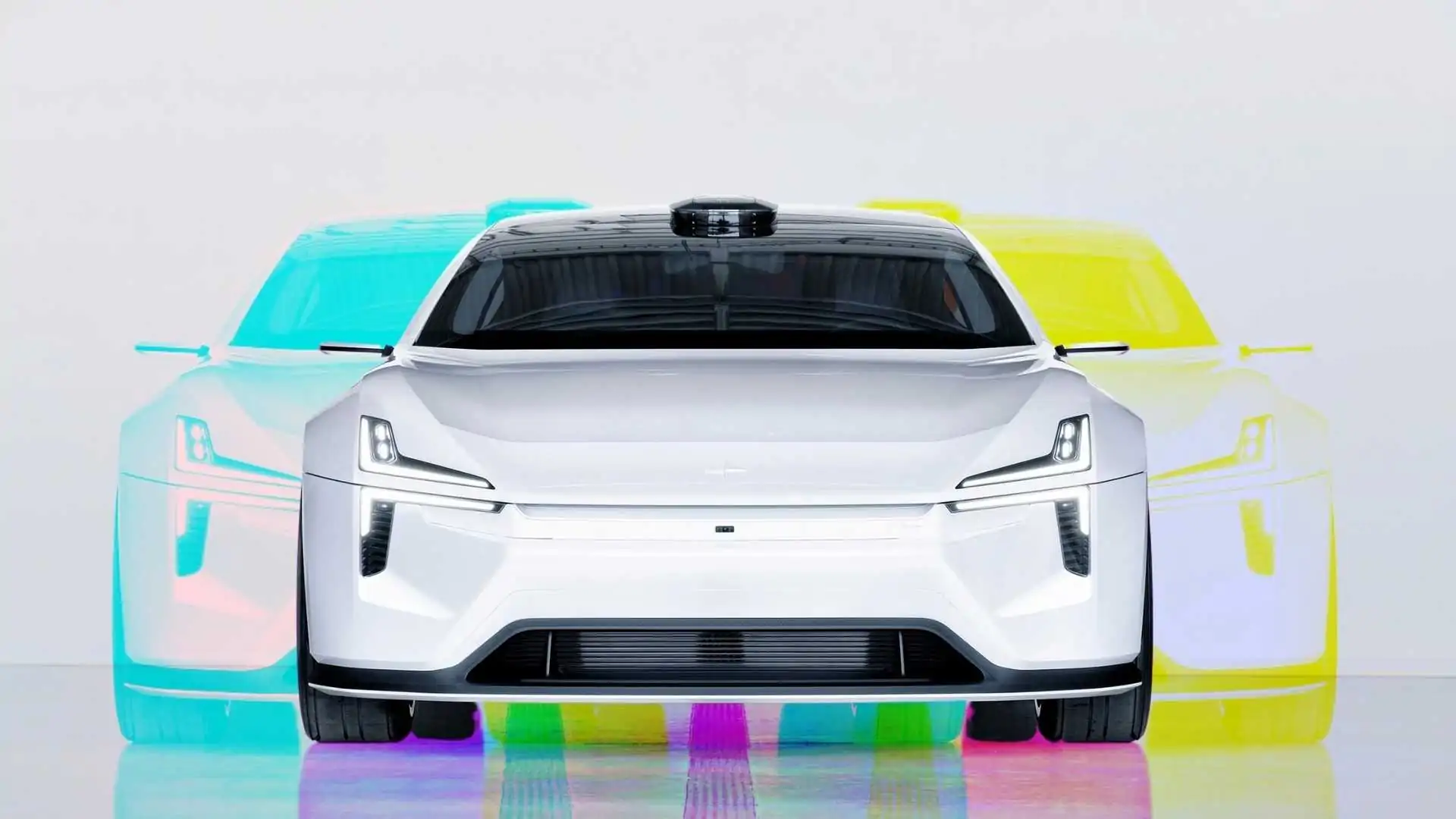
Introduction
In recent years, the automotive industry has witnessed a significant transformation with the rise of electric vehicles (EVs). The world is now actively transitioning towards a more sustainable and eco-friendly future, and electric vehicles are at the forefront of this revolution. This article dives deep into the “Future of Electric Vehicles,” exploring the latest developments, the impact on the environment, and the potential benefits for individuals and society as a whole. Join us on this journey to discover the endless possibilities that lie ahead!
The Current State of Electric Vehicles
Electric vehicles have come a long way since their inception. Today, we witness an impressive lineup of EV models from various manufacturers, offering a wide range of features and capabilities. From sleek sedans to rugged SUVs, EVs cater to different preferences and lifestyles, making them a viable option for many consumers.
The Technological Advancements in EVs
As technology continues to advance, so do electric vehicles. The future of EVs is promising, with ongoing research and development focused on enhancing battery efficiency, charging infrastructure, and autonomous driving capabilities. Innovations like solid-state batteries, ultra-fast charging, and vehicle-to-grid integration are some of the breakthroughs that will shape the future landscape of electric vehicles.
The Environmental Impact of Electric Vehicles
One of the most significant advantages of electric vehicles is their positive impact on the environment. As they run on electricity rather than fossil fuels, EVs produce zero tailpipe emissions, reducing greenhouse gas emissions and air pollution. By embracing electric vehicles, we can take substantial strides towards mitigating climate change and preserving our planet for future generations.
Challenges in the Adoption of Electric Vehicles
Despite the numerous benefits, the widespread adoption of electric vehicles faces certain challenges. Concerns over charging infrastructure, range anxiety, and initial purchase costs are some factors that impede potential buyers from making the switch. However, ongoing efforts from governments, automakers, and charging networks aim to address these obstacles and accelerate EV adoption.
The Future of Charging Infrastructure
The future of electric vehicles hinges on the development of robust charging infrastructure. EV owners need reliable and accessible charging stations to feel confident about their driving range and convenience. Governments and private companies are collaborating to create a network of fast-charging stations that span cities and highways, making long-distance travel in EVs more feasible.
The Role of Renewable Energy
As electric vehicles continue to rise in popularity, the need for sustainable energy sources becomes even more critical. Renewable energy, such as solar and wind power, can play a pivotal role in charging electric vehicles, making the entire process even more eco-friendly. By harnessing the power of the sun and wind, we can create a harmonious synergy between renewable energy and electric vehicles.
Electric Vehicles in Developing Countries
The adoption of electric vehicles extends beyond developed nations. Developing countries, too, are recognizing the benefits of EVs in reducing their carbon footprint and dependence on imported fossil fuels. Encouraging policies, incentives, and collaborations with international organizations are essential to ensure a smooth and sustainable transition to electric mobility in these regions.
The Impact on the Automotive Industry
The emergence of electric vehicles disrupts the traditional automotive industry in various ways. From automakers reimagining their production processes to suppliers focusing on EV components, the shift towards electric mobility is revolutionizing the entire automotive ecosystem. As consumers become more environmentally conscious, automakers need to adapt and embrace sustainable practices.
The Future of Electric Vehicle Batteries
Batteries are the heart of electric vehicles, and continuous research is being conducted to enhance their performance and sustainability. From extending driving range to reducing charging times, the future of EV batteries holds the key to making electric vehicles more accessible and practical for everyday use.
Electric Vehicles and Autonomous Driving
The future of electric vehicles is intricately linked to the development of autonomous driving technology. Self-driving EVs have the potential to revolutionize transportation by offering enhanced safety, improved traffic flow, and increased accessibility for individuals with mobility challenges.
The Future of Electric Two-Wheelers
While electric cars often take center stage, the future of electric two-wheelers is equally exciting. Electric bicycles, scooters, and motorcycles are gaining popularity as eco-friendly alternatives to traditional gasoline-powered vehicles, providing an economical and efficient means of personal transportation.
The Electric Vehicle Revolution in Public Transport
Beyond personal transportation, electric vehicles are also transforming the public transport sector. Electric buses and trains are becoming more prevalent in cities worldwide, offering quieter, cleaner, and more efficient mobility options for commuters.
The Impact on Energy Grids
As the number of electric vehicles increases, so does the demand for electricity. This surge in energy consumption poses challenges to energy grids, necessitating smart grid solutions that can manage EV charging effectively and prevent overloads.
The Future of Electric Vehicle Design
Designers play a crucial role in shaping the future of electric vehicles. Innovative designs that combine aesthetics with functionality will appeal to consumers and further drive the adoption of EVs.
The Role of Governments in Promoting Electric Vehicles
Government policies and incentives play a pivotal role in accelerating the adoption of electric vehicles. Subsidies, tax benefits, and stricter emission regulations are among the measures governments employ to incentivize consumers and automakers alike.
The Future of Electric Vehicle Infrastructure
The future of electric vehicles relies on a robust and interconnected infrastructure that supports charging, maintenance, and recycling of EV components. Investment in charging stations, battery recycling facilities, and service centers is crucial for the sustainable growth of electric mobility.
The Electric Vehicle Market Forecast
Analyzing the current trends and projections, experts forecast a promising future for electric vehicles. As technology continues to evolve and consumers increasingly prioritize sustainability, electric vehicles are poised to dominate the automotive market.
The Road to Zero-Emission Transportation
A future where transportation is entirely emission-free is the ultimate goal. Electric vehicles, along with renewable energy sources, autonomous driving, and innovative transportation solutions, pave the way towards a cleaner and greener future.
FAQs:
Q: Are electric vehicles truly better for the environment than gasoline-powered cars?
A: Yes, electric vehicles produce zero tailpipe emissions, significantly reducing greenhouse gas emissions and air pollution, making them far more environmentally friendly than their gasoline counterparts.
Q: How long does it take to charge an electric vehicle?
A: Charging times vary depending on the EV model and the type of charging station used. While fast-charging stations can charge a vehicle to 80% capacity in around 30 minutes, regular home charging may take several hours.
Q: What is range anxiety, and how can it be overcome?
A: Range anxiety refers to the fear of running out of battery power while driving. It can be overcome by improving battery technology, increasing the number of charging stations, and educating consumers about the actual driving range of electric vehicles.
Q: Are electric vehicles expensive compared to traditional cars?
A: While the upfront cost of electric vehicles is generally higher, they offer significant savings in the long run due to
lower maintenance and operating costs, as well as potential tax incentives.
Q: How can governments encourage the adoption of electric vehicles?
A: Governments can promote electric vehicle adoption by offering financial incentives such as tax credits and rebates, implementing stricter emission regulations, and investing in charging infrastructure.
Q: Will electric vehicles become the dominant mode of transportation in the future?
A: It is highly likely that electric vehicles will become the dominant mode of transportation in the future as technology advances, charging infrastructure improves, and consumers increasingly prioritize sustainable options.
Conclusion
The future of electric vehicles holds immense promise in reshaping transportation and creating a more sustainable world. As technology continues to advance, and with the collective efforts of governments, businesses, and individuals, electric vehicles are set to become a central pillar in achieving a greener and cleaner future for all.
============================================
Get Access to my Private prompt Library: https://bit.ly/Private_Prompt_Library
Looking for a custom prompt? or SEO services for your website? Hire me on Fiverr: https://bit.ly/42rWX6Y
Contact us
Check our Shockiry on Upwork
Home
![]()
